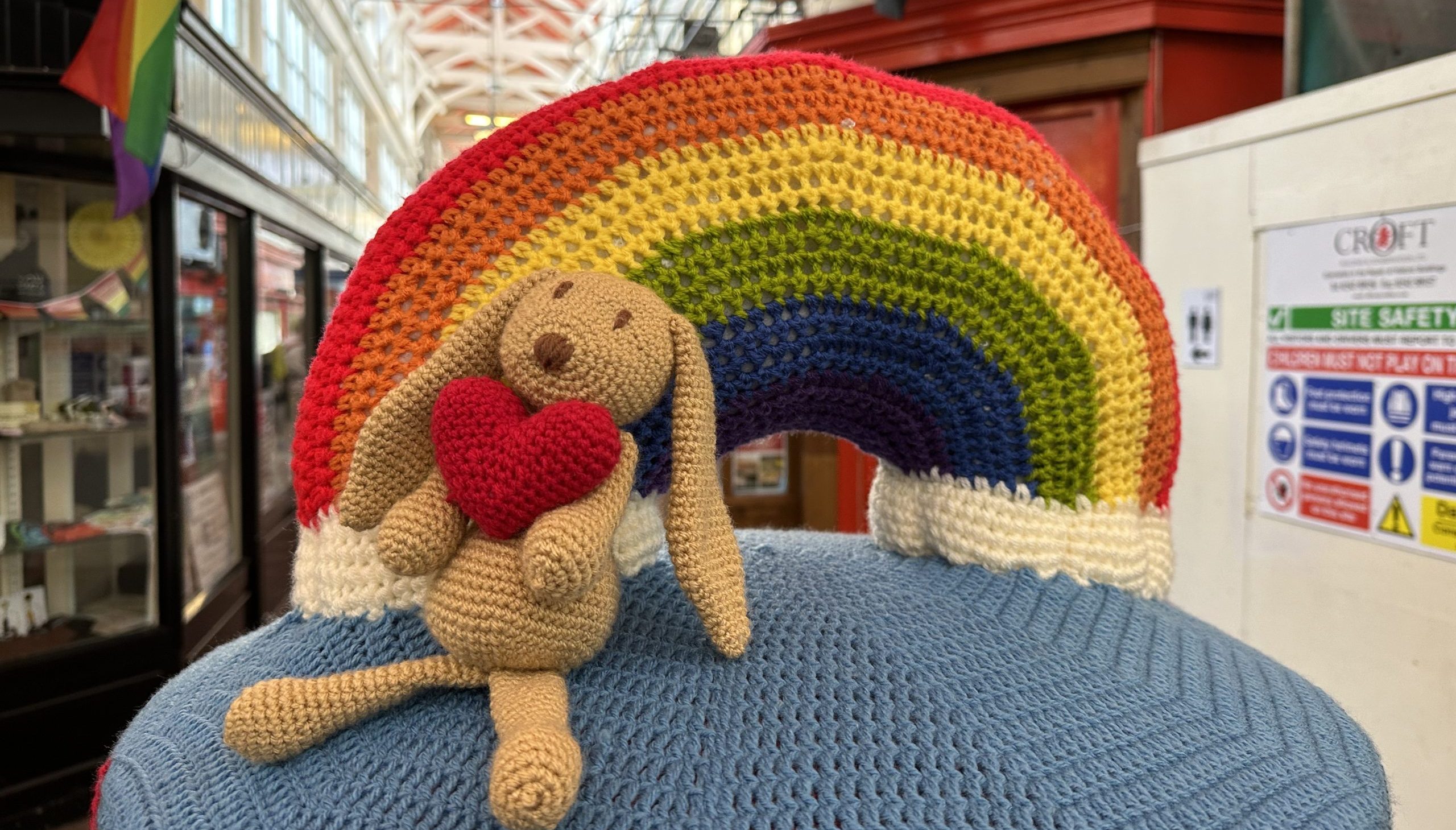
“Take care. Keep me informed”
I. What a stupid thing for me to have said. The patient* had seen various different GPs over the preceding months. Guidelines. The change in bowel habit was eventually recognised. Algorithms. Following a steeplechase of investigations, the cancer was confirmed to have metastasised. Protocols. The patient phoned to thank me and report that despite the prognosis delivered by the oncologist, he was going to prove everyone wrong. Consultation models. ‘Take care. Keep me informed.’ What a stupid thing for me to have said. Repeat sequence.
I nodded politely at whatever he said, never really able to focus beyond my thoughts of anticipatory care planning.
II. The patient phoned to tell me his new diagnosis and how he was going to defy the prediction of his oncologist. I inputted a code into his record and asked him to come to the Practice where I would squeeze him into the end of my busy clinic. He came into the room and I nodded politely at whatever he said, never really able to focus beyond my thoughts of anticipatory care planning. I was his GP and completely in opposition to the direction of his present efforts. I saw him periodically thereafter and eventually he died peacefully at home in alignment with our Gold Standards Framework. I uploaded a disposable entry into my e-portfolio.
III. As usual, the clinic was busy and an extra phone call was added onto my overflowing list. I recognised the name. It was that man I had referred for colorectal investigations about a month ago. I wonder what the final diagnosis was. The instant pushes me onward. I task the receptionist to book him into my clinic next week. I cannot escape myself. I cannot imagine working outside of this system of feigned rationality. Lost in the deluge, I never saw him again. A lighthouse without a beacon.
IV. I converted his phone call to a face-to-face appointment. We saw each other regularly after that, even though there was nothing I could really do about the cancer or the inevitable outcome. Each encounter felt identical but he kept booking in to see me to ask the same questions and receive the same answers. We both endured this sombre merry-go-round. One day, he suddenly died over a weekend. I think I completed the death certificate on a Monday.
Each encounter felt identical but he kept booking in to see me to ask the same questions and receive the same answers.
Looking back, everything had delivered me to that precise moment when his phone call arrived. I recognised that I was simultaneously distant yet overinvolved in the life of the patient. I can no longer recall when I finally acquiesced, accepting the unfairness of health and the lottery of medicine. Incomprehensibly, my universe still holds me accountable for patient outcomes despite my redundancy in their foreign cosmos. I am praised when I recognise the vague symptoms of malignancy and chastised for overlooking the obscure signs of some eponymous syndrome. Immersed in this embarrassment, I have come to recognise the absurdity of trying to obsessively manufacture good care for patients. With effort, I am released from the tranquil illusion of my necessity when I understand that my gravity has little influence on the stars aligning correctly or not. The arrogance of medicine.
The comfortable fantasy of order leads me back to my convenient fiction. The GP consultation room is one of those chambers where individuals seek an untangling of the threads of life already patterned on the loom. Doctors are positioned in these privileged situations to somehow weave them into perfect moments. This hallucination of healthcare will remain with my patients long after I have forgotten them. When the curtain has lifted, I begin to contemplate what may happen if I pull each thread and I am paralysed by the decisions open to me. Responsibility within irresponsibility. Fanatical adherence to algorithms and guidance is no real choice at all. Our calcified medical models eventually crumble with the metastasis of authenticity. There are consequences if you want to be a good doctor. This is the game I play and I have accepted the rules. How pathogenic of me.
When did one have to find faith in the project of general practice? I can no longer even conceive a perfect health care system; I would struggle to work within it. Perhaps I can do more than simply treating the patient in front of me. I define the meaning of me. I suffer because I exist. General practice suffers because it exists.
“Take care, keep me informed.”
*Deputy editor’s note: This is not a particular, identifiable patient but an archetype that others might recognise in their own practice.
Featured Photo by Aleksandr Ledogorov on Unsplash








